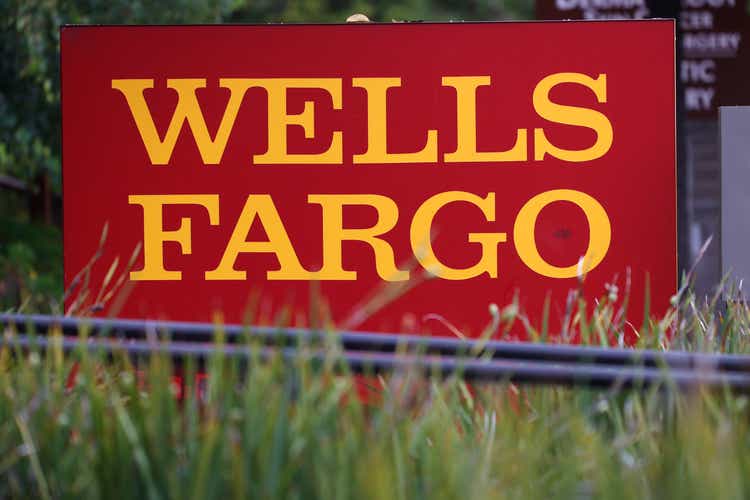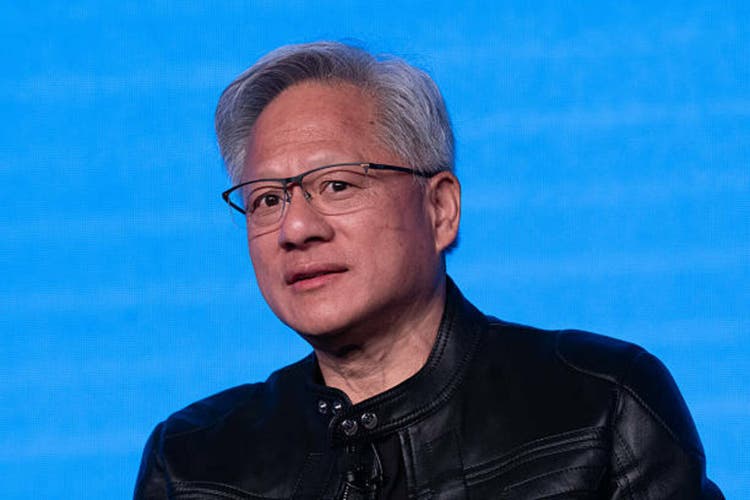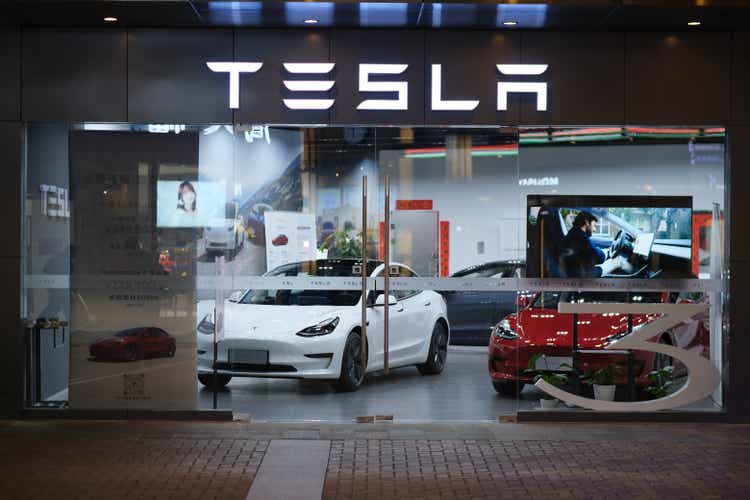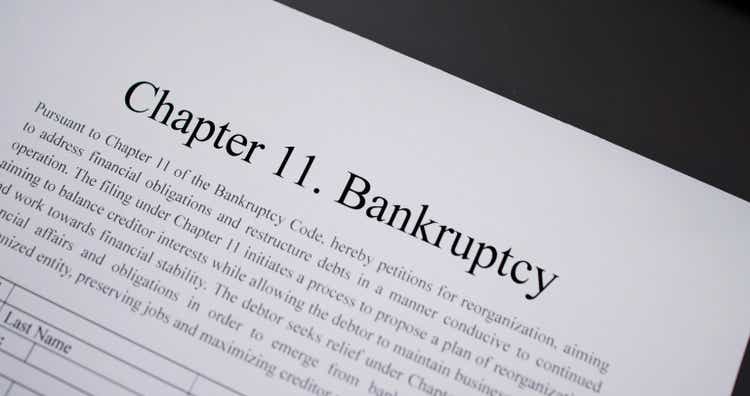On Thursday, Agora became the latest stablecoin company to attract the attention of deep-pocketed venture investors, as the crypto startup announced a $50 million investment led by the blockchain-focused VC firm Paradigm.
Cofounded by Nick van Eck—the son of the prominent investment management CEO Jan van Eck—along with crypto veterans Drake Evans and Joe McGrady, Agora is competing in an increasingly crowded space dominated by rivals including Circle and Tether.
But with the new funding, which follows a $12 million seed round last year, Agora hopes to build up AUSD, its own stablecoin, or a type of cryptocurrency that is pegged to an underlying asset such as the U.S. dollar. Agora offers a white-labeling service to other companies, allowing them to launch their own, self-branded version of AUSD that is able to take advantage of the underlying stablecoin’s interoperability and liquidity.
“What we wanted to do is really something novel, which is start by building the network,” van Eck told Fortune. “We always had the view that we were going to do white-labeled issuance in a different way to how existing peers had done it.”
Stablecoin explosion
Though the blockchain industry has long been dominated by the leading cryptocurrencies Bitcoin and Ethereum, stablecoins have emerged over the past year as a target for venture investment. The sector has long sought a “killer app” that will drive adoption beyond speculation, with stablecoins promising a kind of digital dollar that allows near-instantaneous and low-fee transactions between people and companies, and across borders.
After announcing its seed round last year, Agora immediately faced stiff competition from incumbents Tether and Circle, whose respective stablecoins have market capitalizations of $158 billion and $62 billion, respectively. Agora’s sits at just $130 million. But as more companies, including non-crypto giants like Meta and Apple, dip their toes into stablecoins, Agora is making the bet that there will be multiple winners, especially if they help foster adoption.
Unlike Tether and Circle, Agora’s business model is built around helping other companies launch their own stablecoins, similar to Paxos, another early mover in the space that worked with PayPal to launch PYUSD. But unlike Paxos, any company working with Agora will launch its stablecoin on top of AUSD, reinforcing its own moat and benefiting from broader network effects, like liquidity and interoperability. Agora has worked with crypto companies like Polygon to help them launch bespoke stablecoins for decentralized finance projects, but van Eck said that Agora expects to work with non-blockchain companies as well moving forward.
When Agora launched last summer, the regulatory outlook for stablecoins was still uncertain in the U.S., with the company looking abroad for customers. That could change as Congress considers legislation that would regulate the sector, with the Senate passing a bill in June that the House is currently considering. Van Eck said he expects Agora to start serving U.S. entities if the legislation is enacted and that the company has been acquiring state money transmitter licenses.
Even so, he told Fortune that the company’s focus will continue to be outside the U.S., where there is more demand for stablecoins due to the volatility of local currencies and the need for cross-border payments. “A lot of different financial institutions outside of the U.S., I would say, are looking more aggressively and will be quicker to move than some of the companies in the U.S.,” van Eck said. “A lot of companies in the US are talking about it because it’s the topic du jour.”
Unlike leading stablecoins like Tether and USDC, Agora is designed to share the yield of the dollar-like assets backing the stablecoin with its partners. “One of the things we believed in the very beginning was that stablecoins should be run like public goods, which to us meant the lion’s share of the revenue gets passed to the people who are providing value within this monetary network,” Evans told Fortune.
Agora works with State Street and VanEck, the eponymous investment firm run by van Eck’s father to manage its reserves.
Though seed investor Dragonfly is exercising its super pro rata rights in the Series A, the vast bulk of the investment comes from Paradigm, the crypto venture firm started by Coinbase cofounder Fred Ehrsam and Sequoia alum Matt Huang. General partner Charlie Noyes described Agora’s product as a “batteries-included stablecoin” that will allow companies to quickly create their own version without needing to hire 10 engineers to design it.
While Noyes acknowledged the aggressive landscape, with companies spending large sums of money and employing more ruthless tactics to drive adoption for their own products, he said that Agora’s combination of white-label service, interoperability, and revenue sharing will make it an attractive option to companies exploring the red-hot space. “It’s competitive, but obviously not that many have broken out,” he said.
This story was originally featured on Fortune.com

 8 hours ago
2
8 hours ago
2















 English (US) ·
English (US) ·